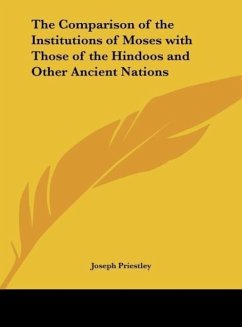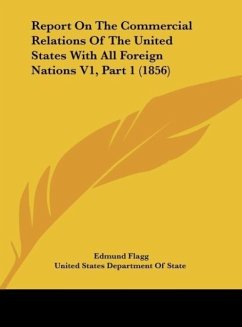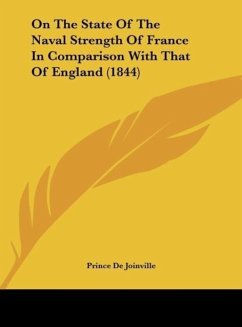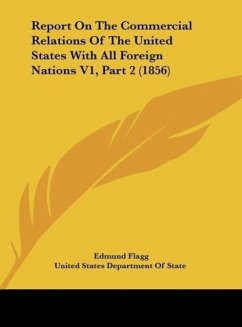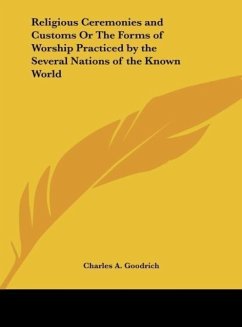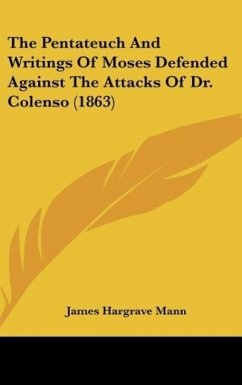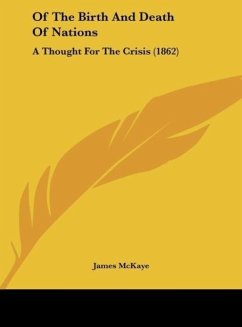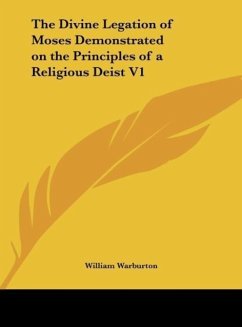1799. With remarks on Mr. Dupuis's Origin of All Religions, the laws and institutions of Moses methodized, and an address to the Jews on the present state of the world and the prophecies relating to it. Mr. Priestley gives a general view of the ancient heathen religions, and of their philosophy as far as it was connected with religion. Due to the age and scarcity of the original we reproduced, some pages may be spotty, faded or difficult to read. Written in Old English.
Hinweis: Dieser Artikel kann nur an eine deutsche Lieferadresse ausgeliefert werden.
Hinweis: Dieser Artikel kann nur an eine deutsche Lieferadresse ausgeliefert werden.

